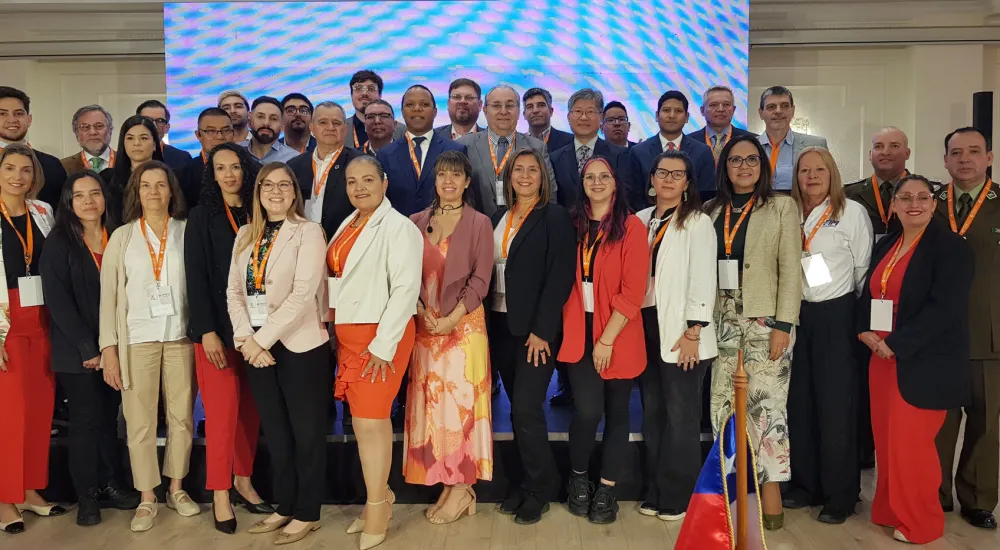The Ibero-American Road Safety Program – OISEVI is a program attached to Ibero-American cooperation, within the framework of the Ibero-American General Secretariat.
The Ibero-American Program is the meeting place for those responsible for road safety in the countries of the Ibero-American region, where data management, the promotion of policies and the exchange of good practices are discussed to achieve the reduction of accidents and their consequences.
Its mission is to positively impact public road safety policies and to influence and technically advise the main actors responsible for traffic and road safety in the member countries, in order to achieve a substantial reduction in accidents, as well as their consequences.
And its vision is to be recognized as the main promoter of public policies and good practices in road safety and as a natural and official reference in the generation and provision of qualitative and quantitative information on traffic and road safety.
Some of its objectives are:
To provide technical assistance to countries in the collection, management and analysis of road safety data, according to international standards.
To monitor the progress of countries and the region, carrying out critical monitoring of the advances in road safety in each member country.
To encourage the approval of national and regional road safety policies in member countries aimed at ensuring the protection of life and the rights of members of society.
To contribute to the creation of spaces for dialogue and discussion in favor of the formation of technical capacities in road safety and the application of public policies in the same sense.
To share publications and information with progress indicators in road safety in the Ibero-American region.
To promote good practices in national and regional road safety policies and strategies.
The Program integrates the Ibero-American Road Safety Observatory (OISEVI), one of the main regional road safety observatories in the world.










